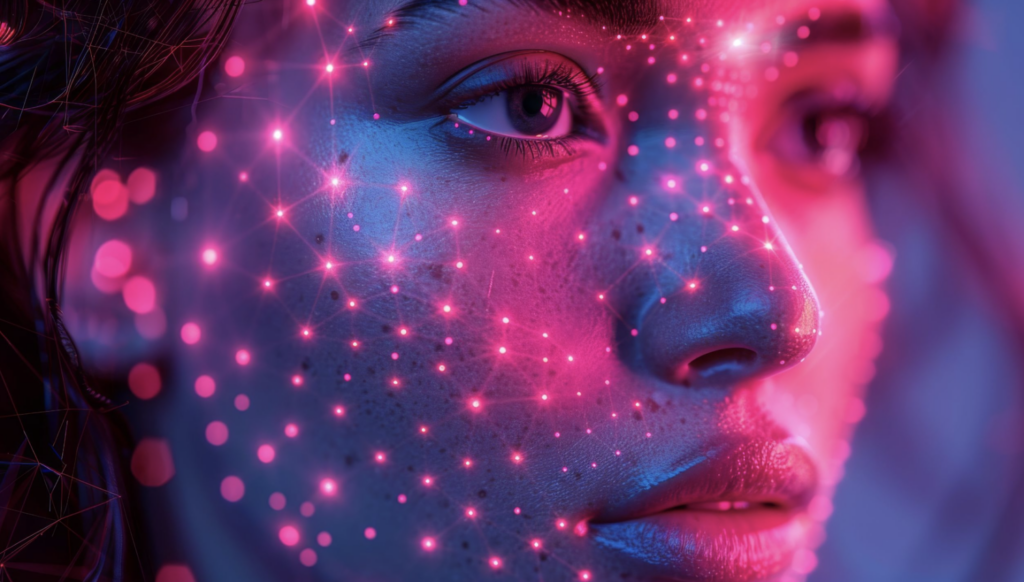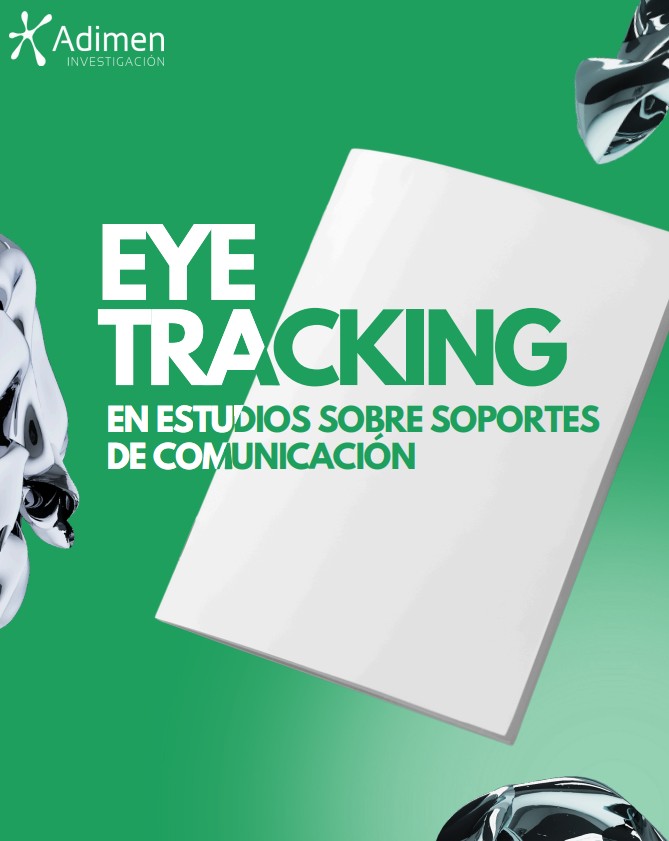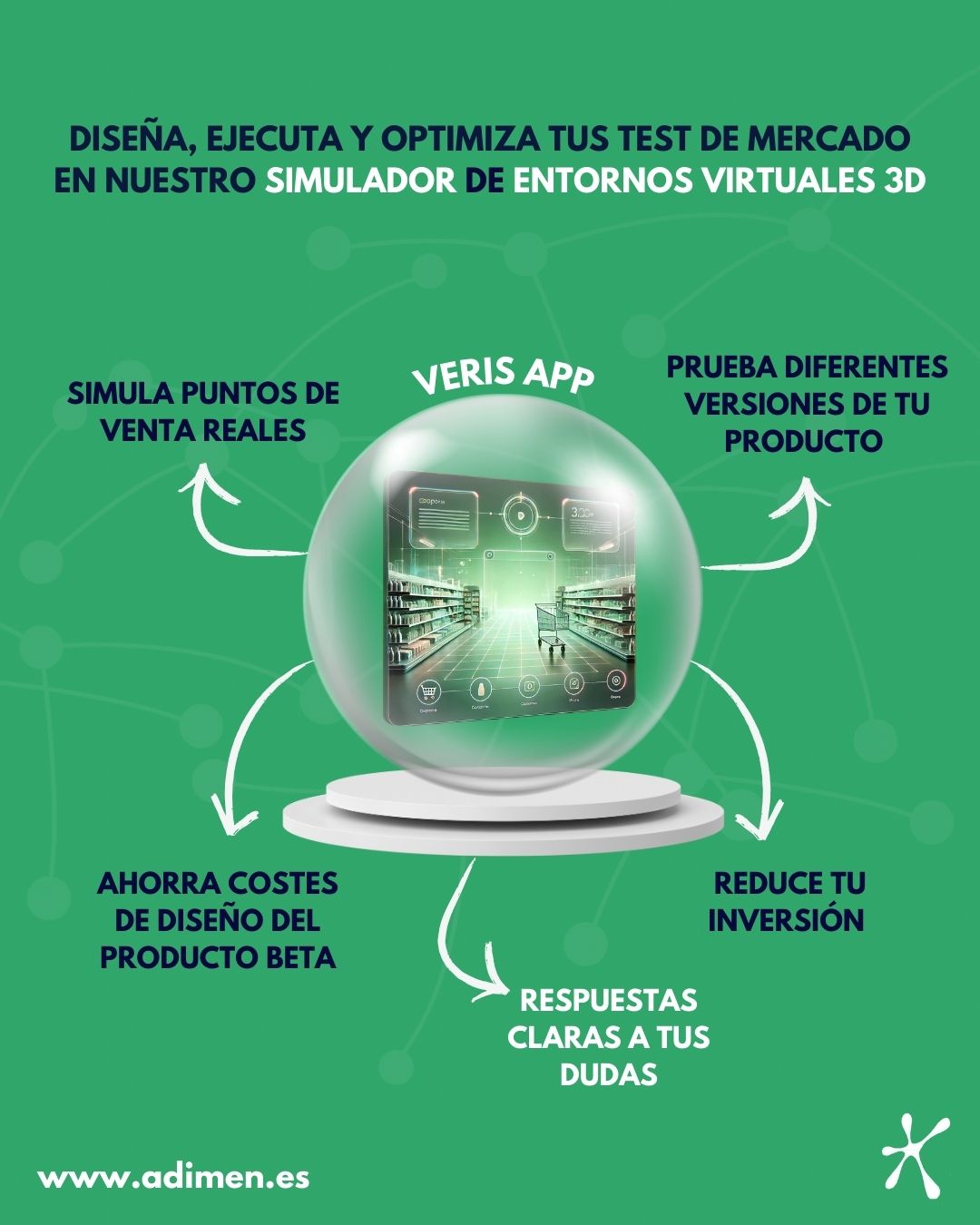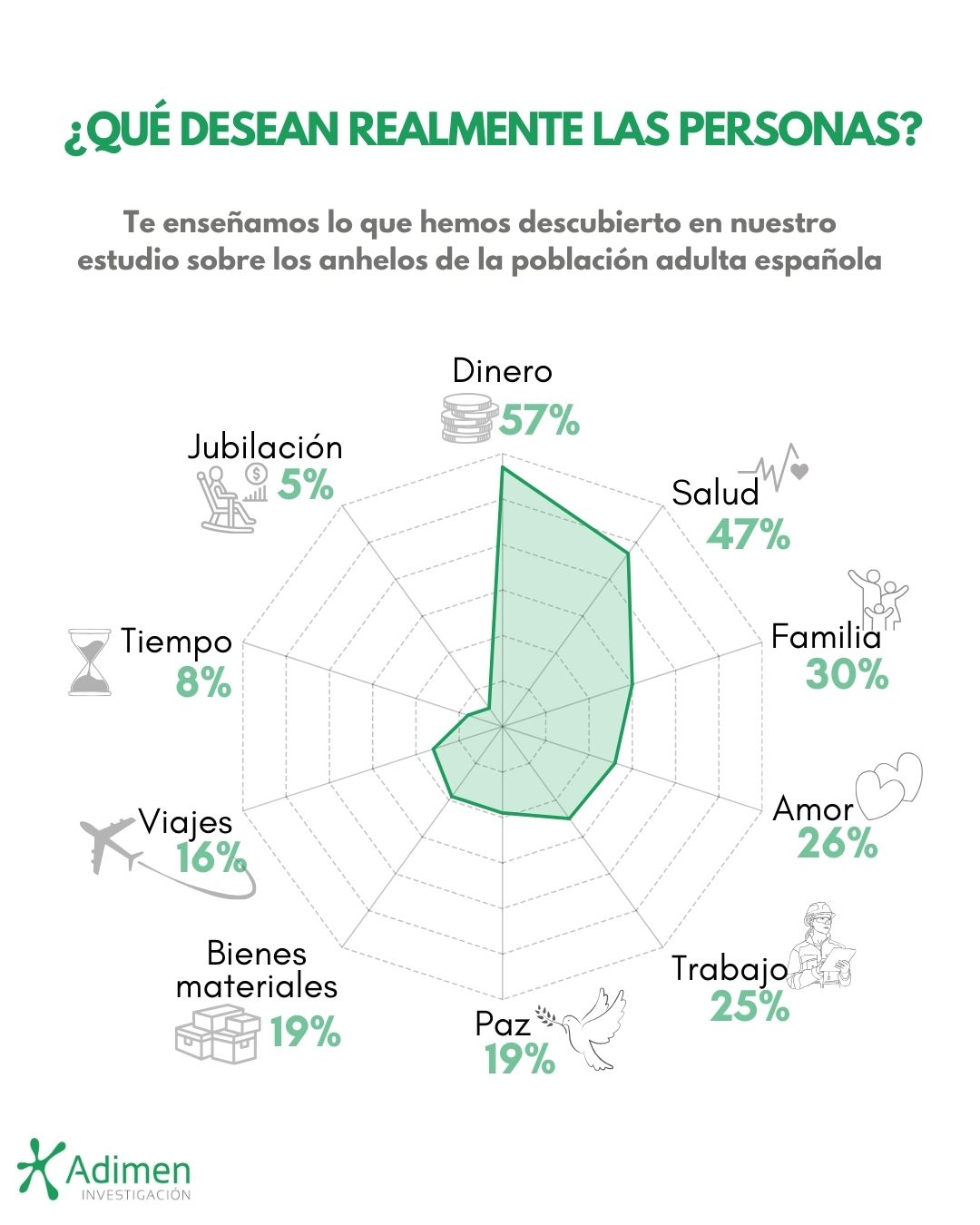Artificial Intelligence (AI) is no longer a technological novelty for the cosmetics and beauty industry, and is increasingly becoming an essential component in its processes. From improved production efficiency to ultra-customization of products, AI is revolutionizing the way brands approach their consumers. In this new context, ethics also plays a crucial role in guaranteeing user privacy and ensuring that algorithms are designed without bias.
Innovations and AI in the Beauty Industry
Product customization is reaching previously unimaginable levels thanks to AI, which now enables the development of ultra-personalized products that fit each individual’s lifestyle, genetic and environmental needs. Brands such as Neutrogena are already developing AI-based products. One example is the launch of its line of 3D-printed skin supplements customized with its Skin360 tool, capable of analyzing more than 100,000 skin pixels and 2,000 facial attributes to personalize products and topical routines for the user.
L’Oréal uses artificial intelligence to revolutionize the personalization of its products. Through its YSL Rouge Sur Mesuredevice, users can create up to 4,000 customized lipstick shades from home. With a mobile app, AI allows users to virtually explore and try on different shades, combining real colors or even scanning their skin for personalized recommendations.
Other brands such as Prose are also using AI to personalize their products by analyzing consumer feedback. When users share their opinions and ratings, this information is fed into an algorithm and, thanks to machine learning, their product formulas are constantly optimized.
Ethics and Artificial Intelligence
Beyond the technological innovations based on AI, the debate about respect for users’ privacy arises. It is clear that the power of Artificial Intelligence comes with great responsibility, and consumers are increasingly demanding greater transparency in the use of algorithms and data. Brands are also under the magnifying glass of regulatory institutions, such as the European Union, which recently approved regulates AI. This instrument aims to ensure that AI systems marketed and used on the European market are safe, transparent and respect fundamental rights and values. The new law highlights the need for brands not only to comply with legal standards, but also to adopt practices to protect consumers and foster greater trust in the use of advanced technologies.
Any discussion of generative AI and machine learning (ML) must address the ethics of AI, which focuses on risk mitigation. Automation bias and the tendency to favor decisions by automated systems, along with the scalability of generative AI, require a thorough understanding of the risks. Implementing ethical and transparent principles in the design and deployment of AI systems is crucial to protect consumers and ensure responsible use of these advanced technologies.
Looking to the Future
In this new context of possibilities and challenges for the beauty industry , we will see brands achieve even deeper integration with artificial intelligence. Platforms such as TikTok also open up a universe of possibilities to better understand and connect with the consumer, through new technological innovations as they are developed.
At Nethodology we have a deep knowledge of the beauty and cosmetics industry, thanks to our experience of more than eight years with leading brands in the sector. We have unique solutions in the market that combine Artificial Intelligence with the analytical capacity of our team. We are the perfect ally for brands in the industry to grow and lead the innovation of new products based on a deep understanding of their consumers.




